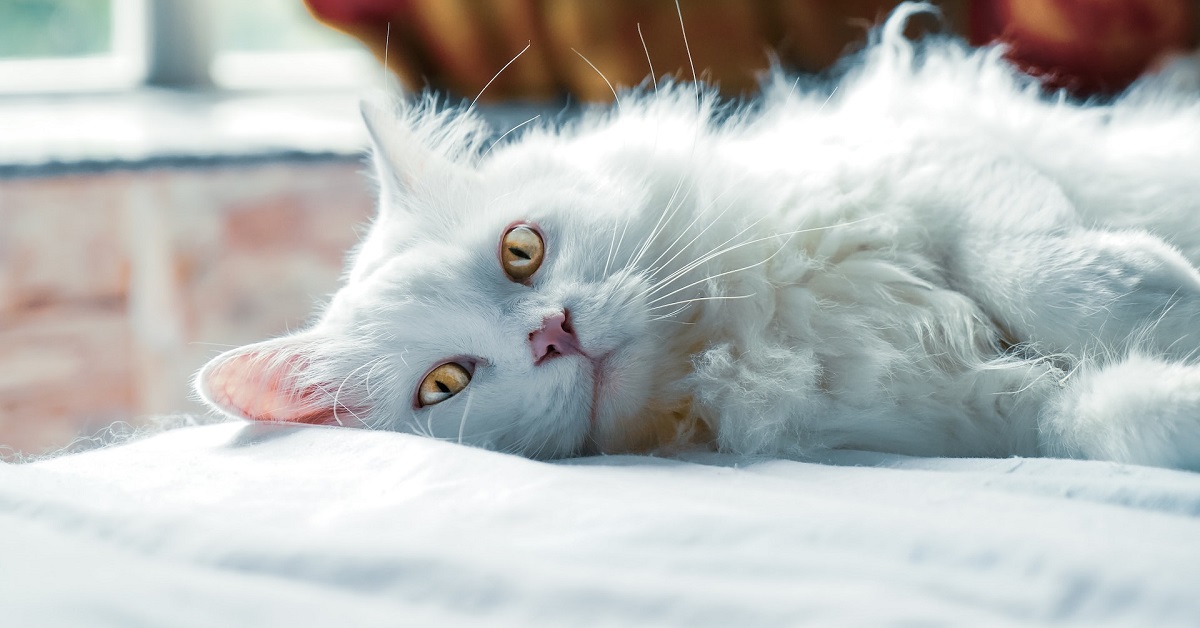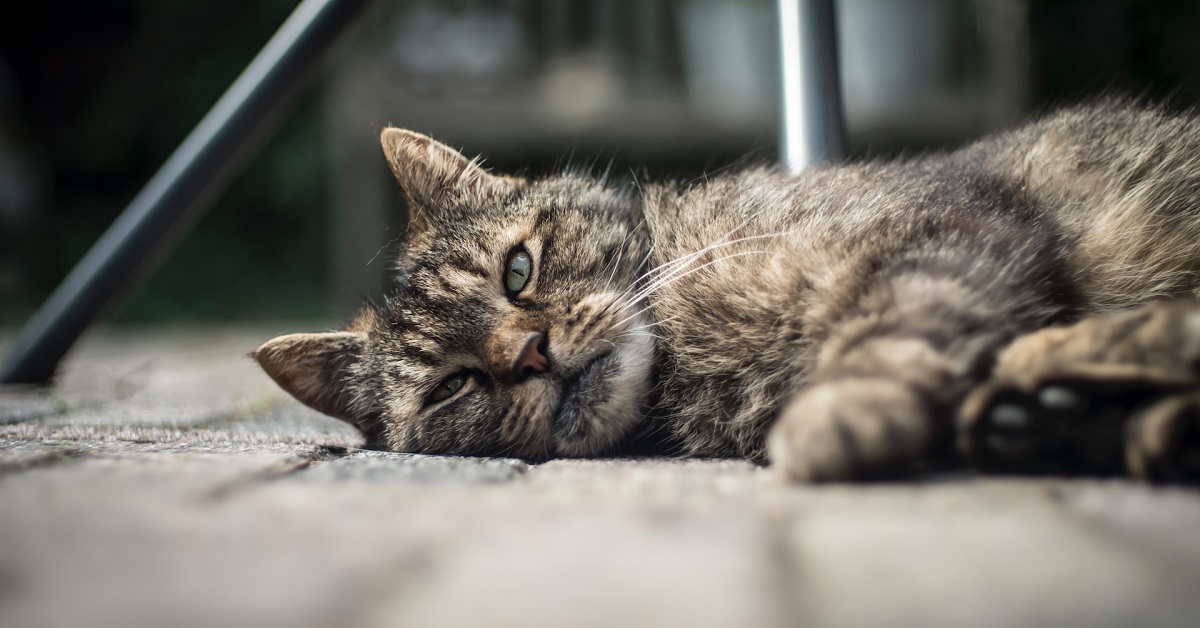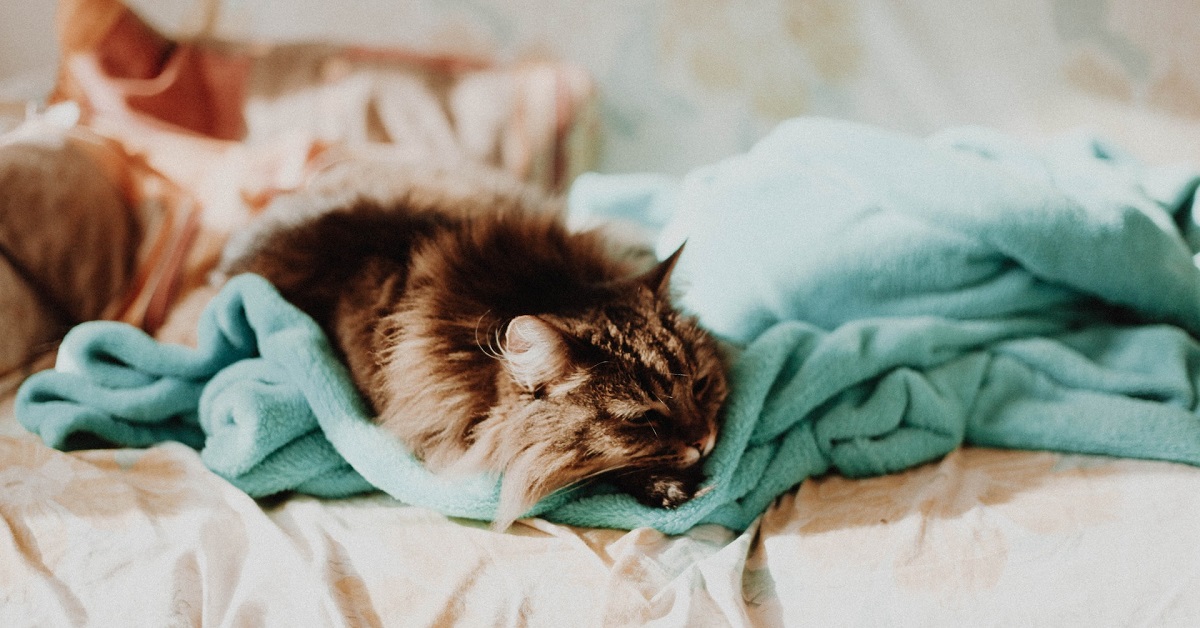Vetpharmacy.co.uk Cookie Policy : We use cookies to enhance your user experience. To find out more please view our cookie policy
How Do You Give First Aid to Your Cat?

Many cat owners may start to worry if they think their pet might be hurt or ill. The best course of action in any situation, from scalds and burns to suspected poisoning and even car accidents, is often to call your veterinarian for guidance. Check out our advice to make sure your pet is safe and healthy if you're worried about them and unsure whether to call the vet. It is important to note that giving your cat medications meant for human consumption could hurt them. Continue reading to learn how to use a cat first aid kit and what products you can include.
How do you give a cat first aid?
- Make sure you're always equipped to handle a crisis. The best course of action in any emergency is to call the veterinarian. So it's best to have your pet registered at your local vet clinic and keep their telephone number close at hand. You should also be aware of your nearest emergency vet for out-of-hours or urgent care.
- Never administer human medications to your cat, and keep food and liquids away in case your pet needs an immediate anaesthetic.
- Any cat who is having trouble breathing needs to be handled softly and with care, especially if they are breathing through their mouth.
- Avoid letting your cat out whilst wearing an Elizabethan collar since it can restrict it from seeing traffic.
- Be careful when driving to the vet's office, and always transport the cat in a closed carrier or box.
No matter the circumstance, call the clinic first because there might not always be a veterinarian there. However, personnel might be able to recommend taking prompt action. In case another number is offered, keep a pen close by.

What can I put on my cat's wound?
A gentle antiseptic solution or warm water should be used to clean the wound 2 or 3 times a day in order to eliminate any crusted discharge and keep the wound's edges clean. If your vet hasn't specifically told you to do so, avoid using soaps, rubbing alcohol, shampoos, hydrogen peroxide, herbal remedies, tea tree oil, and any other substance to clean an open wound.
To protect your cat from licking the wound or from further contamination, the bandage may be wrapped. If there is a lot of drainage coming from the incision, your veterinarian may recommend daily bandage changes. Your cat might need a safety collar if the wound can't be bandaged in order to stop further damage.
Can a cat's wound heal by itself?
Your cat can heal on their own with little to no treatment as long as they are not licking the wounds unceasingly and there is no swelling, bleeding, pus, smell, or pain.

What antiseptic is safe for cat first aid?
Antimicrobial agents known as "antiseptics" are applied to the skin or live tissue in order to eradicate or stop the growth of harmful organisms and avoid infection. You should use antiseptics that contain chlorhexidine or iodine-active ingredients, which are safe for use on cats.
Shop online today at Vet Pharmacy for cat first aid kit supplies to ensure you attend to your cat during emergencies.
This blog post was written on behalf of Vet Pharmacy by Pharmacy Mentor.
Updated October 2022